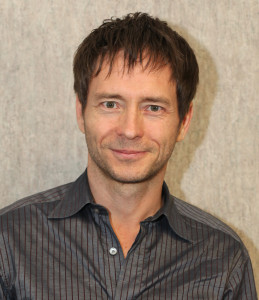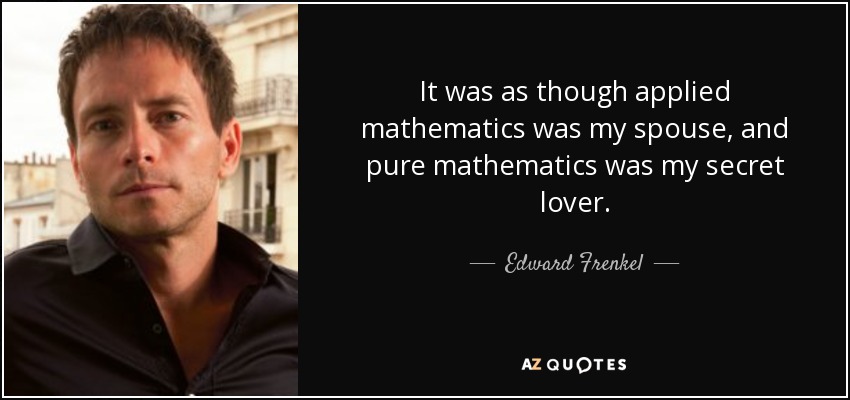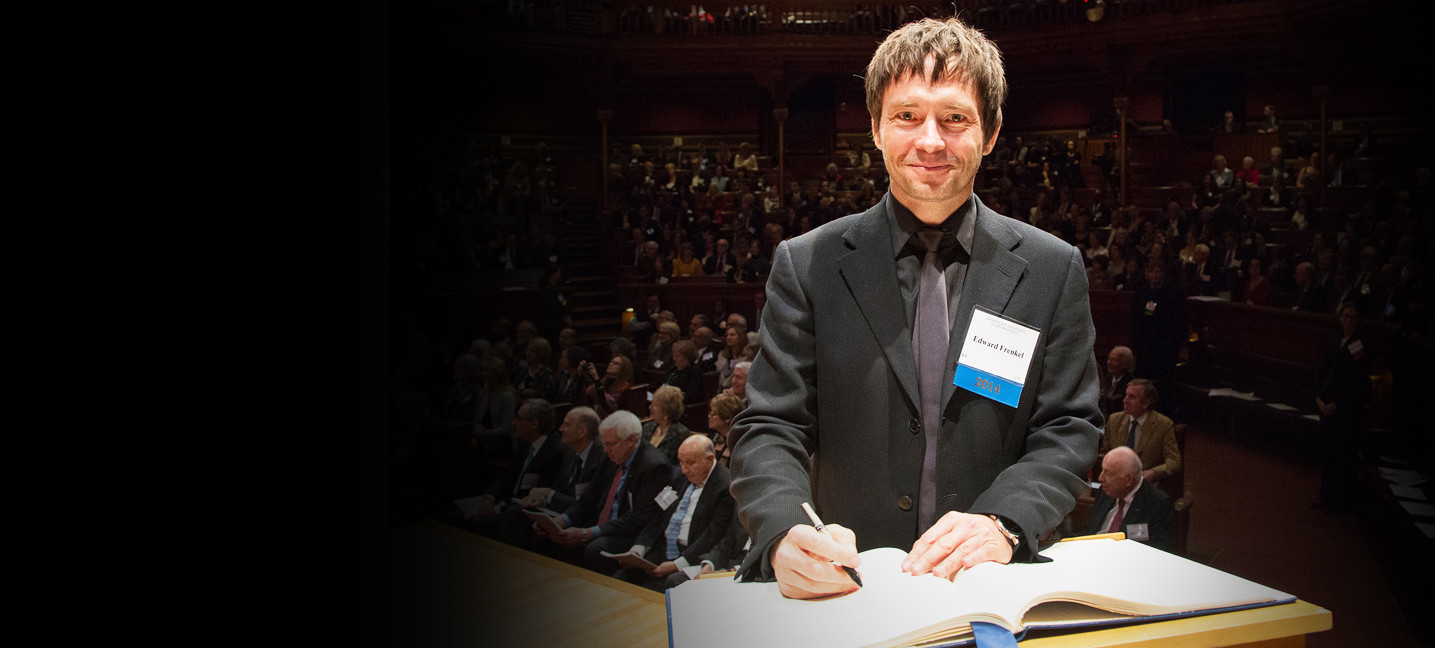



Math is, for him, “a narrative” of human endeavor that shares much with art, music and religion.įor instance, he describes new mathematical insights as “revelations,” and the utterly unchanging truths of mathematical ideas are “nothing short of a miracle.” He also brings us into the spiritual mindset of mathematicians and physicists - many of them Jewish - who described the suddenly revealed inner workings of the universe with rapturous language. And in “Love and Math,” he describes how the 2008 financial meltdown was the result of bankers and traders using bad mathematical models, for a public that didn’t even know what questions to ask.īut his book, as he explained in an interview near his Berkeley home, is not only about alerting people to the practical value of math. To underscore the stakes, he recorded a video describing how the National Security Agency’s use of math is what allowed the government to hack into so many email accounts. The solution? “If we are to give students the right tools to navigate an increasingly math-driven world, we must teach them early on that mathematics is not just about numbers and how to solve equations but about concepts and ideas.” “Our math education is broken,” the Russian-born Frenkel argued in a recent essay in the Los Angeles Times. “I guess I should have hit the books a little harder,” Colbert responded, fanning himself dramatically.įrenkel’s emergence on the national cultural scene may owe less to a suddenly widespread understanding of his research - which is admirably and lucidly explained in “Love and Math” - than to his passionate argument for the practical value of math in an increasingly numbers-driven culture. To underscore his view of math as both art and romance, Frenkel showed Colbert a short scene from his 2010 erotic art film, “Rites of Love and Math,” in which he starred and directed. He said that many teachers have explained mathematics as if it were a necessary but unpleasant task, “like painting a fence,” as opposed to offering skills to both create and appreciate a van Gogh. “That’s my fault,” responded Frenkel, 45, a household name in math departments for his work on such obscure concepts as Kac-Moody algebra and the Feigin-Frenkel isomorphism. Berkeley professor Edward Frenkel, author of the new book “Love and Math: The Heart of Hidden Reality,” explained to talk show host Stephen Colbert that for people like him “mathematics is a love affair,” with his lover being the beauty and truth of numbers. It’s not often that a mathematician finds himself on “The Colbert Report.” But a few weeks ago U.C.


 0 kommentar(er)
0 kommentar(er)
